In Classical Chinese Medicine, elderberry – called Jie Gu Mu 接骨木 – enters both the lung and kidney meridians, making it an excellent tonic for boosting our lung Qi (immunity) and kidney Qi (the powerhouse energy container for the body).
Elderberry is traditionally used to treat cold and flu symptoms and the berries are considered excellent for Clearing Heat, indicated by such signs as red itchy eyes, muscle aches, fever, chest pain, constipation, and urinary tract infections. It is considered excellent for reducing swollen lymph glands and easing sore throats.
In western medicine, the National Institute of Health has published research on the health benefits of elderberries and recognizes its health benefits--especially since we're faced with more and more unknown pathogens in our environment. For thousands of years elderberries have been used to provide nutrition and healing.
The phytotherapeutic principles found in elderberry fruits give them antiviral, antibacterial and antidiabetic properties, antitumor potential, antioxidant, antidepressant and immune boosting properties, as well as a certain impacts on obesity and metabolic dysfunctions. Polyphenols and lectins give elderberry fruits the ability to inhibit coronaviruses, which is a topic of great interest in our times.
The more popular use of Elderberries today is to support the immune system response due to seasonal viruses (both viral and bacterial), especially those that affect the respiratory tract and the mucus membranes reducing congestion and soothing irritations. Elderberry is high in vitamin C and contains 6 to 35 mg of vitamin C per 100 g of fresh berries (which is up to 60% of your minimum recommended daily allowance). It is also high in fiber, containing about 25% of RMDA.
What is an Elixir?
An elixir is a natural drink with medicinal properties that supports healing dating back to medieval times. It is intended to take daily to support the immune system and to help ease symptoms that are associated with illness. When made with raw, pure honey, it gets an additional boost of potency. Elixirs can contain a combination of various ingredients, including herbs, plant extracts, alcohol, sweeteners, and sometimes other additives. They are often formulated to provide specific health benefits or to serve as a carrier for the active components of herbal remedies.
How Our Body Fights Infection
The human body has a complex and highly effective immune system that serves as its primary defense against infections caused by bacteria, viruses, fungi, and other pathogens. The immune system employs a variety of mechanisms to identify, target, and eliminate these invaders. Here's an overview of how the body fights infection:
- Recognition of Pathogens: The immune system recognizes the presence of pathogens through specialized receptors on immune cells. These receptors can detect unique molecules or patterns found on the surface of pathogens, known as antigens.
- Innate Immune Response: The first line of defense is the innate immune response, which provides rapid, nonspecific protection against a wide range of pathogens. Phagocytes, such as neutrophils and macrophages, engulf and digest pathogens. They also release chemical signals called cytokines to activate other immune cells. Natural killer (NK) cells identify and destroy infected cells and cancer cells.
- Adaptive Immune Response: The adaptive immune response is highly specific and tailored to the specific pathogen encountered. B lymphocytes (B cells) produce antibodies, which are proteins that can neutralize pathogens and mark them for destruction by other immune cells. T lymphocytes (T cells) can directly attack infected cells or coordinate immune responses. Helper T cells assist B cells and other immune cells, while cytotoxic T cells kill infected cells.
- Memory Cells: After an infection is resolved, some B and T cells become memory cells. These cells "remember" the specific pathogen, enabling a faster and more effective response if the same pathogen is encountered again in the future.
- Inflammatory Response: Inflammation is a hallmark of the immune response and serves to recruit immune cells to the site of infection. Mast cells release histamines, triggering blood vessel dilation and increased blood flow to the infected area. Inflammatory mediators and white blood cells help clear the infection and repair damaged tissue.
- Fever: In response to infection, the body may raise its temperature (fever). Fever can help inhibit the growth of some pathogens and enhance the immune response.
- Complement System: The complement system is a group of proteins that aid the immune response. It can directly kill pathogens, promote phagocytosis, and enhance the effectiveness of antibodies.
- Lymphatic System: The lymphatic system plays a crucial role in the immune response by transporting immune cells, pathogens, and lymph fluid. Lymph nodes are specialized structures where immune cells can encounter and respond to pathogens.
- Resolution of Infection: Once the immune system has successfully eliminated the pathogen, it typically begins to wind down its response. The inflammatory response subsides, and the immune system shifts its focus to repair and recovery.
Overall, the immune system is a remarkable and intricate defense mechanism that works tirelessly to protect the body from a wide range of threats.
How to Fight Infection Naturally
Fighting infections naturally often involves both supporting your body's immune system and adopting healthy lifestyle practices. Here are some ways to help your body fight infections naturally:
- Eat a Balanced Diet: Consume a whole food diet and avoid processed foods of any sort. Include a variety of fruits, vegetables, whole grains, and lean proteins to provide essential nutrients that support immune function. Include foods rich in antioxidants, such as berries, citrus fruits, spinach, and nuts, to help combat free radicals and reduce inflammation.
- Stay Hydrated: Drinking plenty of water helps maintain the entire body's hydration and supports overall health. Proper hydration is essential for immune function as well as for overall health.
- Get Adequate Rest: Ensure you get enough quality sleep. Sleep is crucial for immune system repair and maintenance. Establish a regular sleep schedule and create a sleep-conducive environment. Try aromatherapy using essential oils and diffuser, and live plants which convert carbon dioxide to oxygen.
- Manage Stress: Chronic stress can weaken the immune system. Practice stress-reduction techniques like meditation, deep breathing, yoga, pilates, or mindfulness to promote relaxation. Engage in hobbies and activities that you enjoy to reduce stress and improve overall well-being.
- Regular Exercise: Engage in moderate physical activity to boost circulation and overall health. Exercise can help reduce inflammation and support immune function, but avoid excessive or intense workouts during illness.
- Probiotics and Gut Health: Probiotic-rich foods like yogurt, kefir, and fermented vegetables can help support a healthy gut microbiome, which plays a crucial role in immune function. Consider taking probiotic herbs and supplements if recommended by a healthcare professional.
- Herbal Remedies: Some herbs and herbal supplements, like echinacea, garlic, and ginger, are believed to have immune-boosting properties. Consult a herbalist or naturopathic healthcare provider for guidance.
- Hygiene and Hand Washing: Proper handwashing with soap and water is one of the most effective ways to prevent the spread of infections. Maintain good hygiene practices, such as covering your mouth and nose when coughing or sneezing.
- Stay Home When Sick: If you're infected with a contagious illness, like the flu or a cold, stay home to prevent spreading the infection to others.
- Reduce or Eliminate Alcohol and Tobacco Use: Excessive alcohol consumption and smoking weaken the immune system. Reducing or quitting these habits can improve overall health.
How to Use an Elixir
In a 4 ounce bottle, pour a teaspoon for daily immunity support. For more intensive infection fighting, take 1 teaspoon 4 times a day. Reduce to a 1/2 teaspoon for children. Remember that not all elderberry elixirs are the same. In order to be holistic and 100% natural, elixir ingredients should be using raw honey, pure grain alcohol (free from anything artificial for preservation), organic and sustainable sourced and packaged.
*These statements have not been evaluated by the Food and Drug Administration. This product is not intended to diagnose, treat, cure, or prevent any disease.

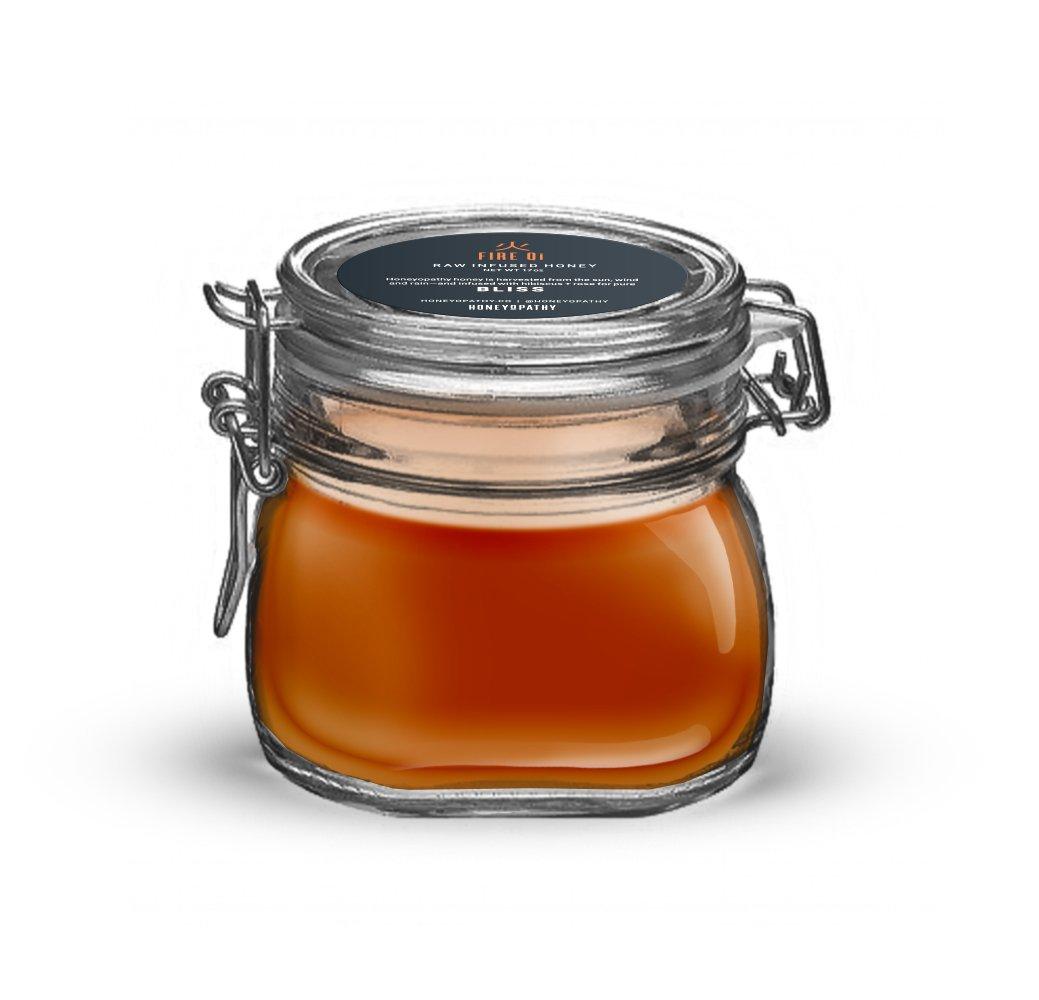

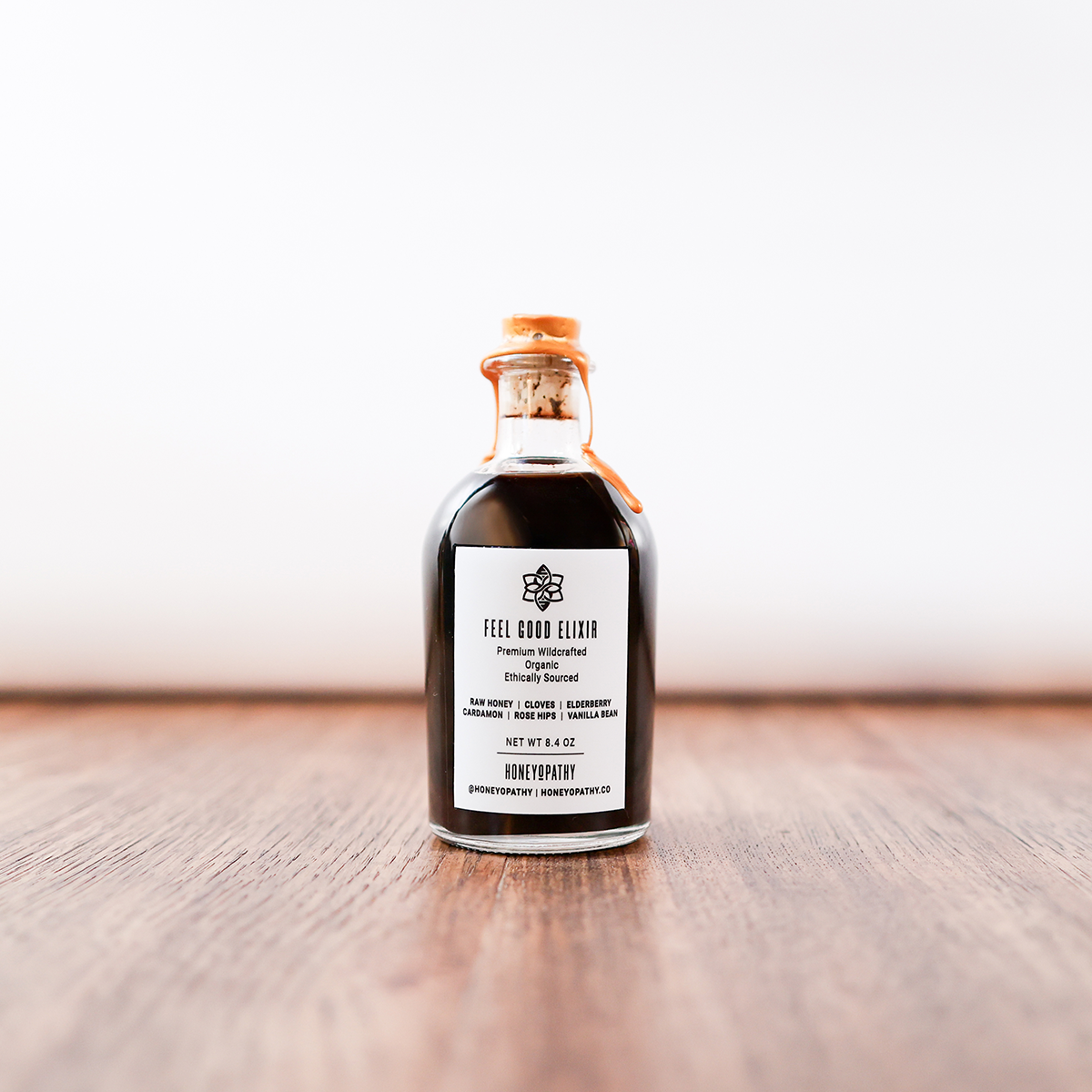
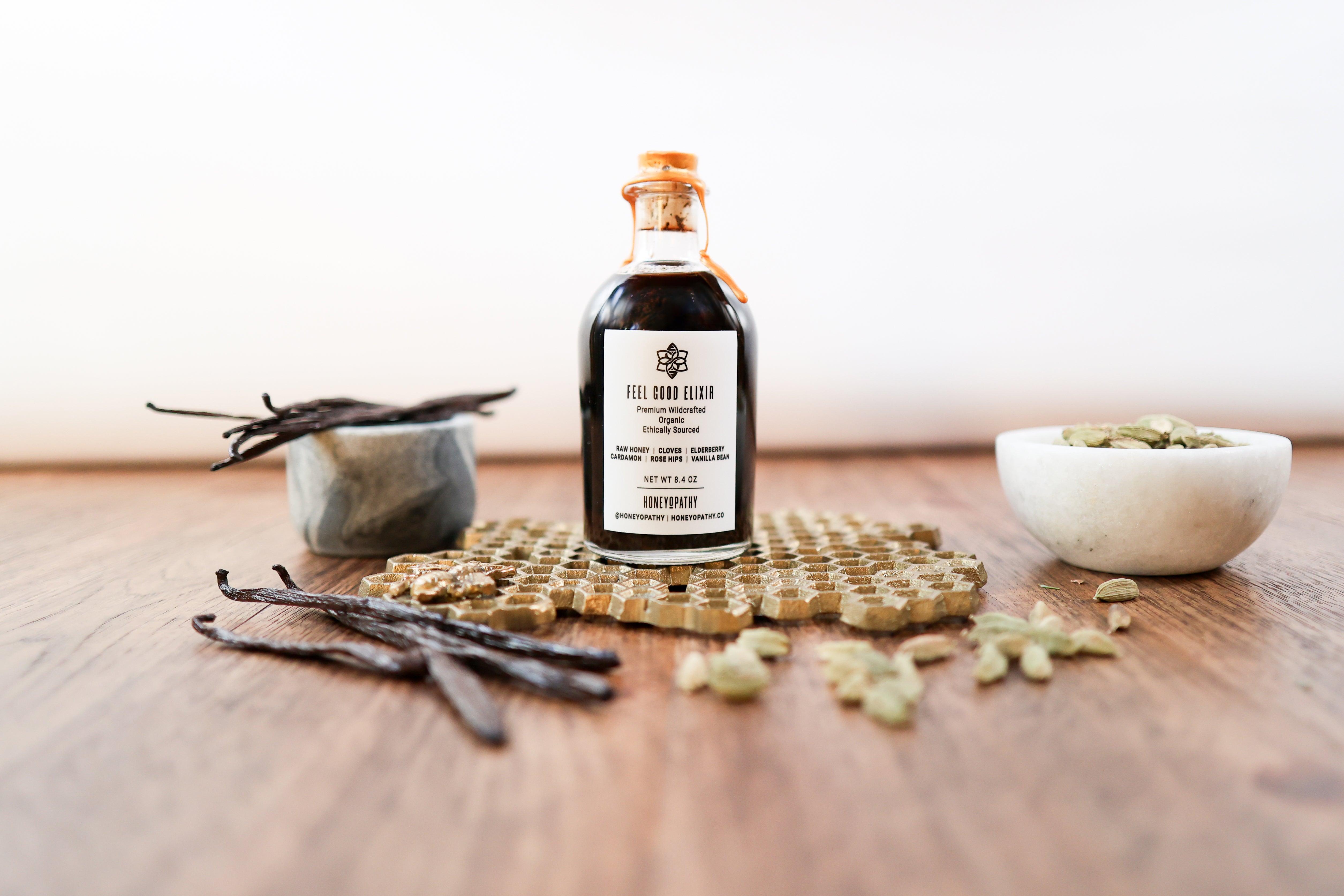
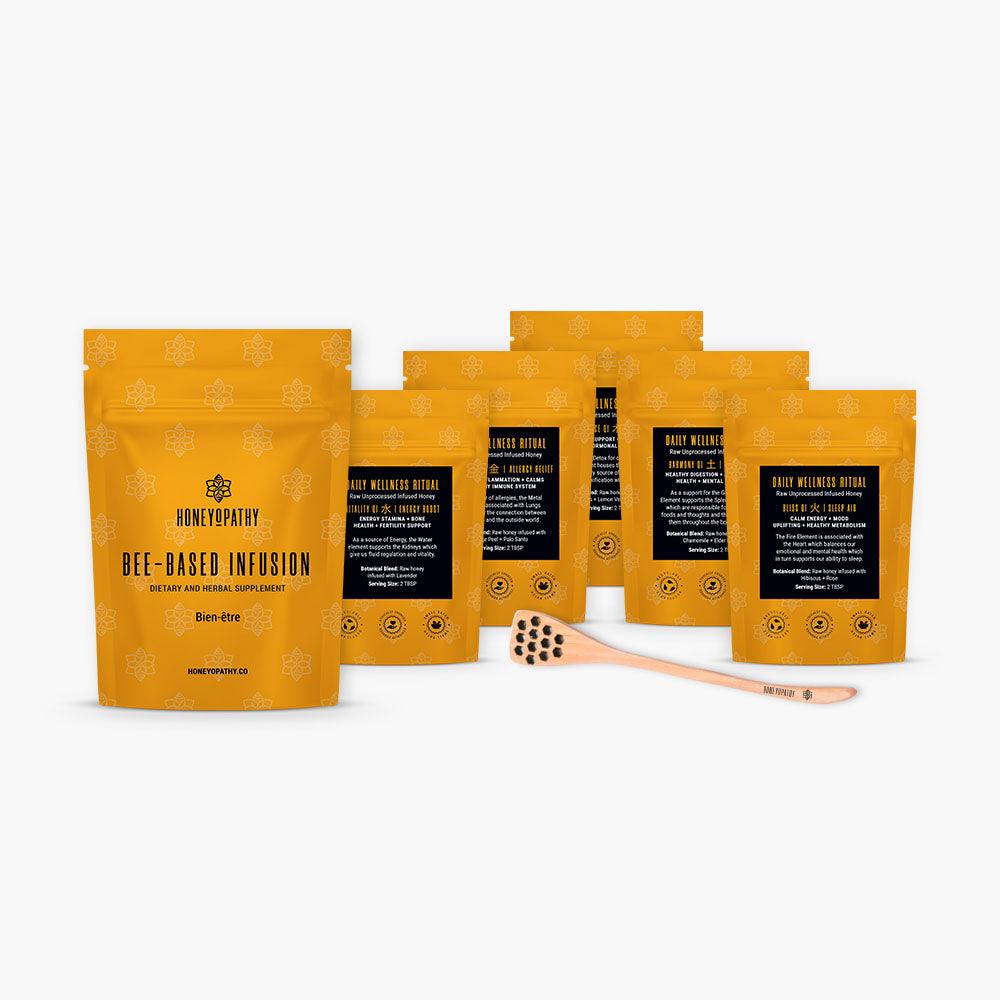
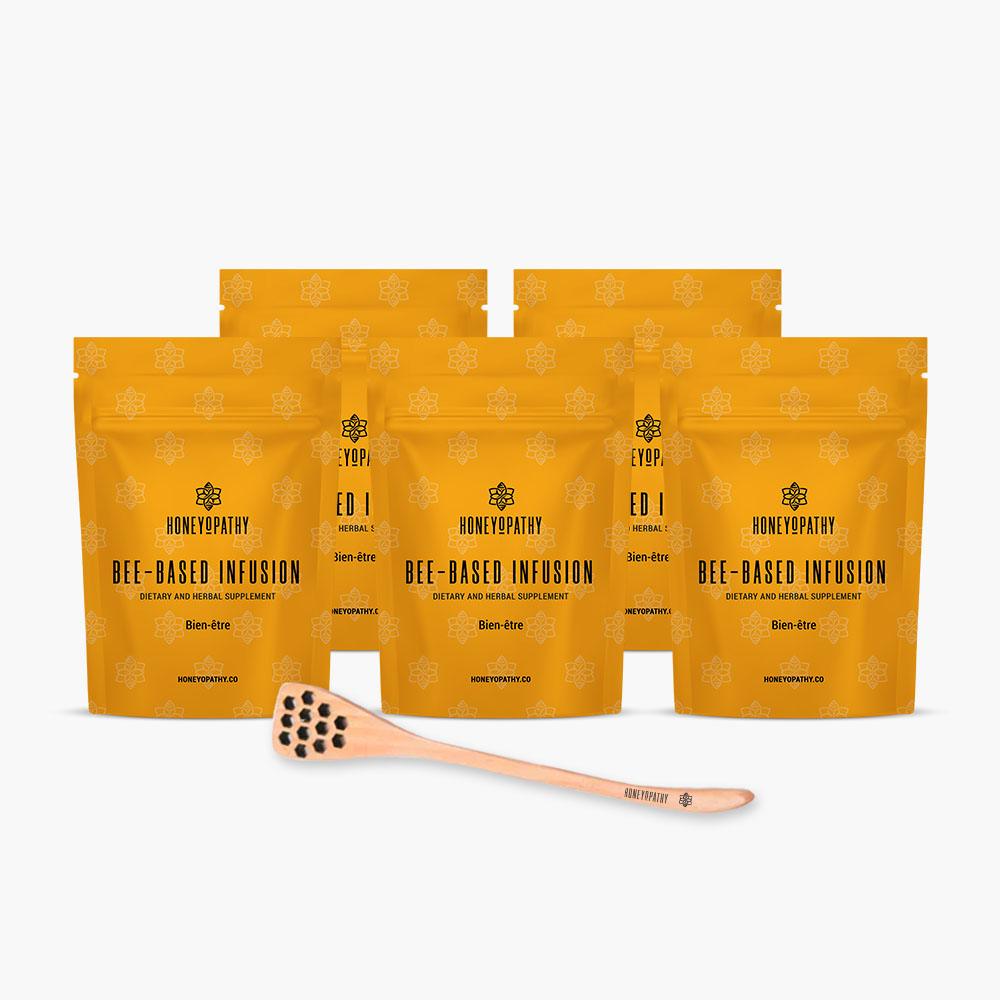
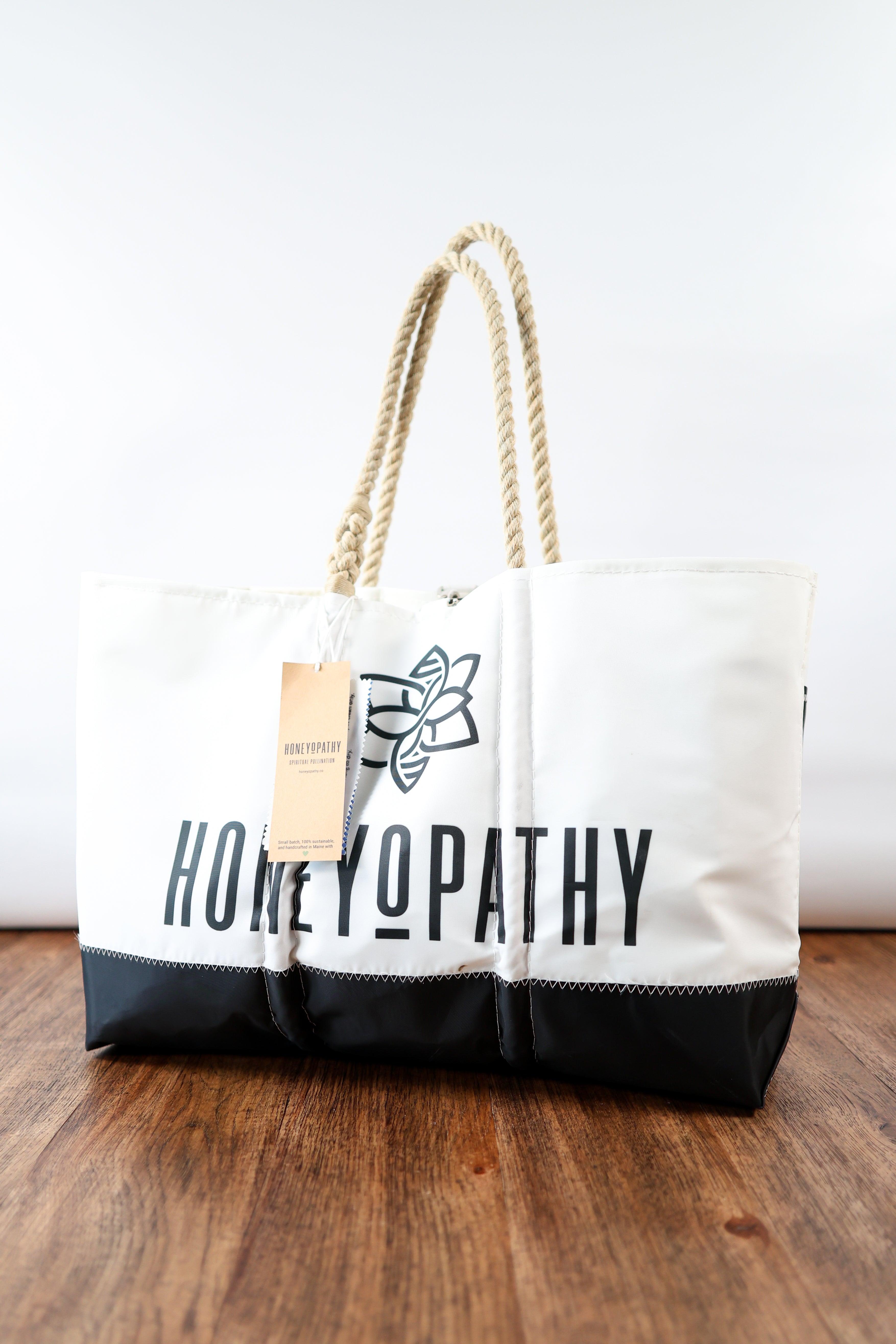
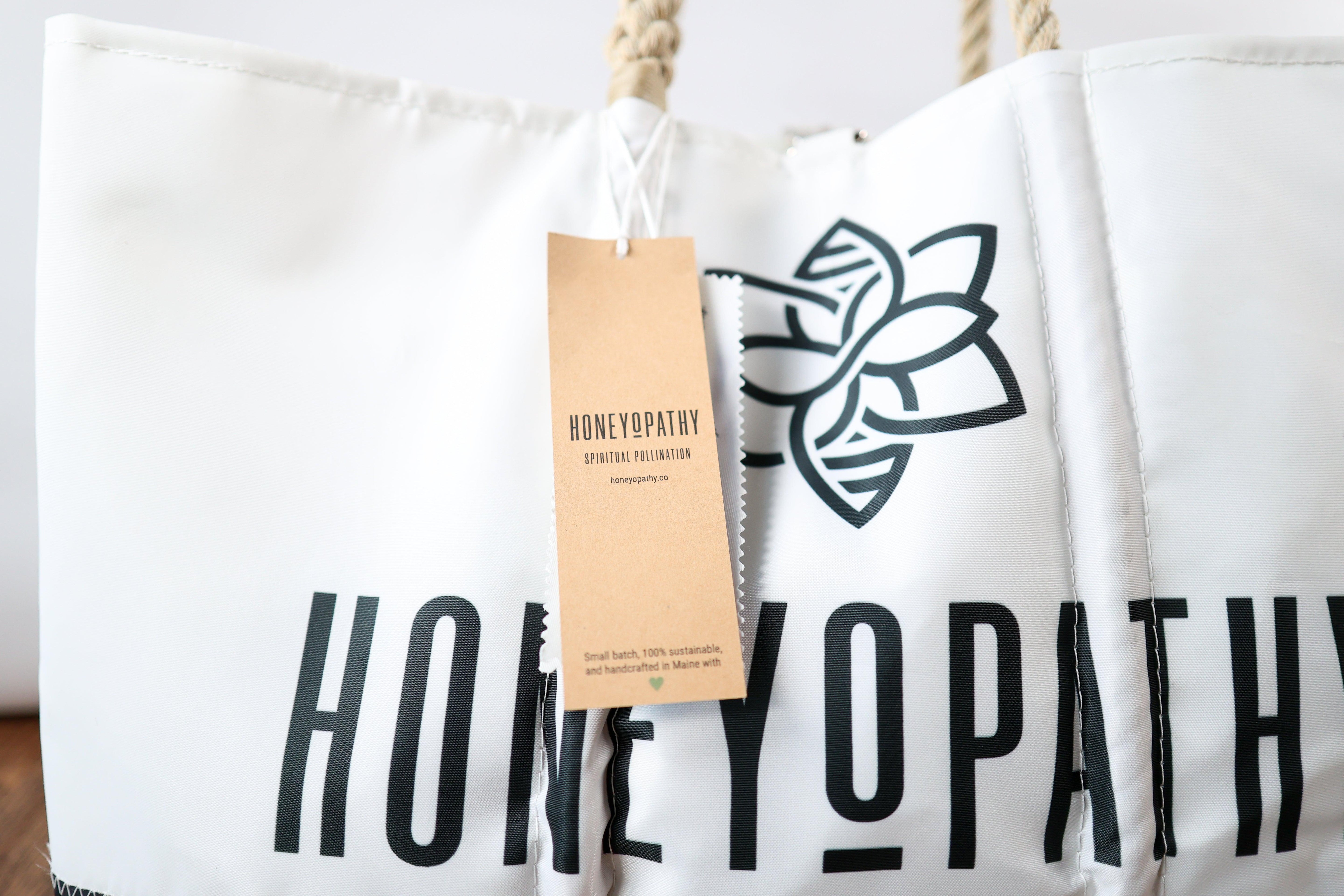

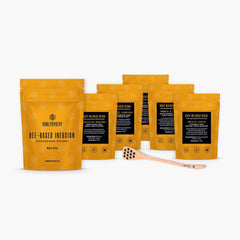

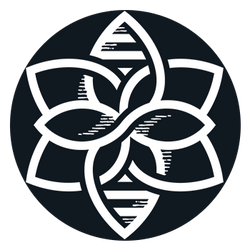






Leave a comment